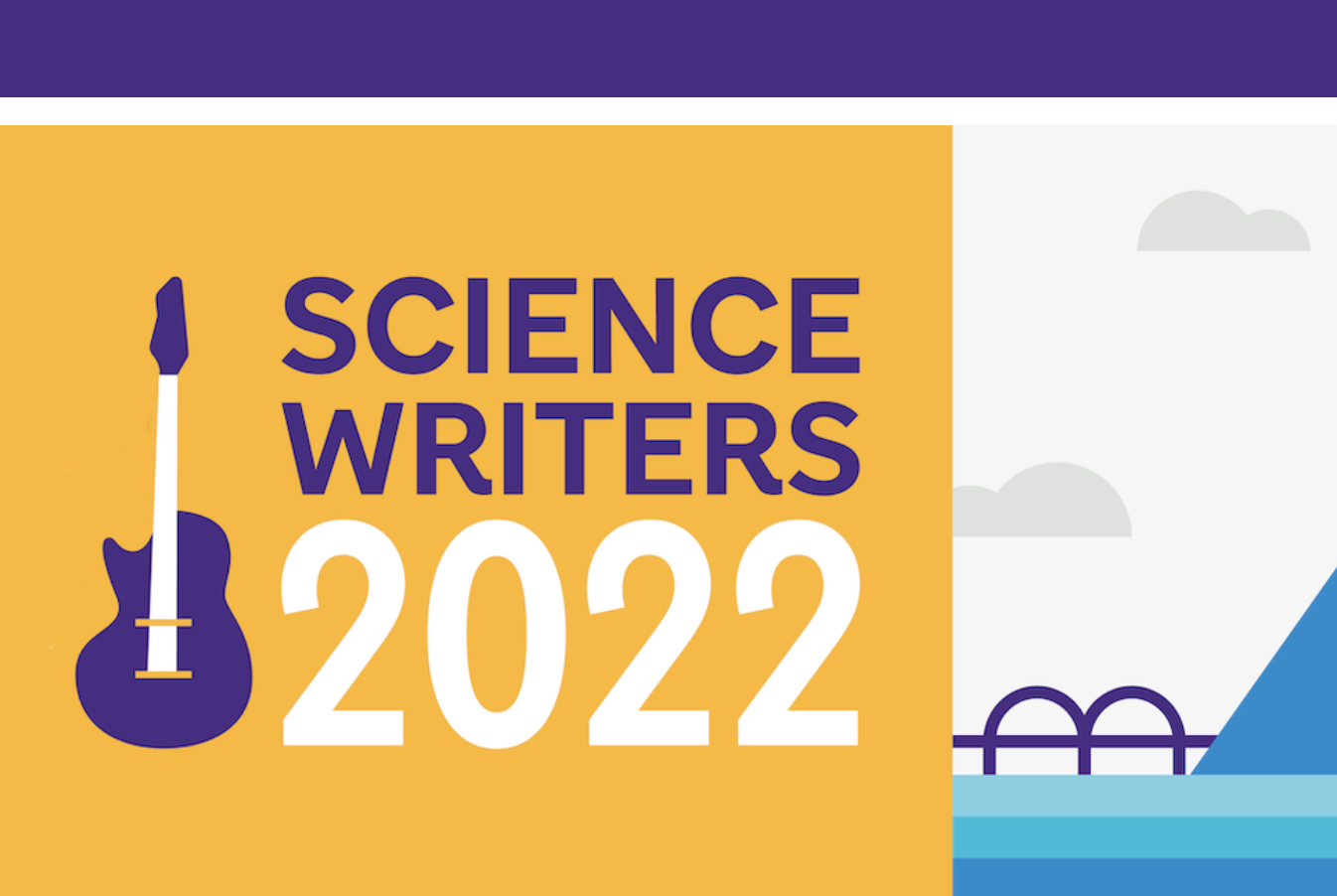This month at the NASW’s Science Writers 2022 Conference, EDGI members Kelsey Breseman and Eric Nost will host the virtual workshop ‘What’s in the Water? Stories in Federal Environmental Data’, demonstrating how science writers can utilize an open-source data science tool to discover stories and develop insights from the EPA’s records on Clean Water Act (CWA) pollution permits.
The data science tool, a Watershed Notebook developed by EDGI’s Environmental Enforcement Watch (EEW), is a Jupyter Notebook accessible through Google Colab, an interface that allows users to execute a program and access and visualize data without the need for coding.
The tool presents federal data (such as CWA enforcement, violations, and inspections) from the EPA’s Enforcement and Compliance History Online (ECHO) database. With the Watershed Notebook, writers can sort and visualize an immense amount of federal data that is often burdensome to locate and interpret.
Session participants will learn to access and query EPA data to answer specific questions about how environmental protection laws are working to protect human health in watersheds. For example: are local industries reporting putting benzene into the water? How much? Have any industries ever gotten in trouble for adding too much? Are there disparities in enforcement and compliance actions in marginalized communities?
Eric Nost is a coordinator of EDGI’s Environmental Enforcement Watch project and an Assistant Professor of Geography at the University of Guelph in Ontario, Canada. He led the technical development of the Watershed Notebook and is an expert in environmental policy.
Kelsey Breseman is a Civic Science Fellow at EDGI, where she is exploring how data tools can support environmental justice. Kelsey is a member of the Tlingit Indian Tribe and a neural engineer by training. She lives in Seattle, Washington, and is working on a M.S. in Data Science.
The workshop will be held on Monday, October 17th from 1pm-2pm CST.

